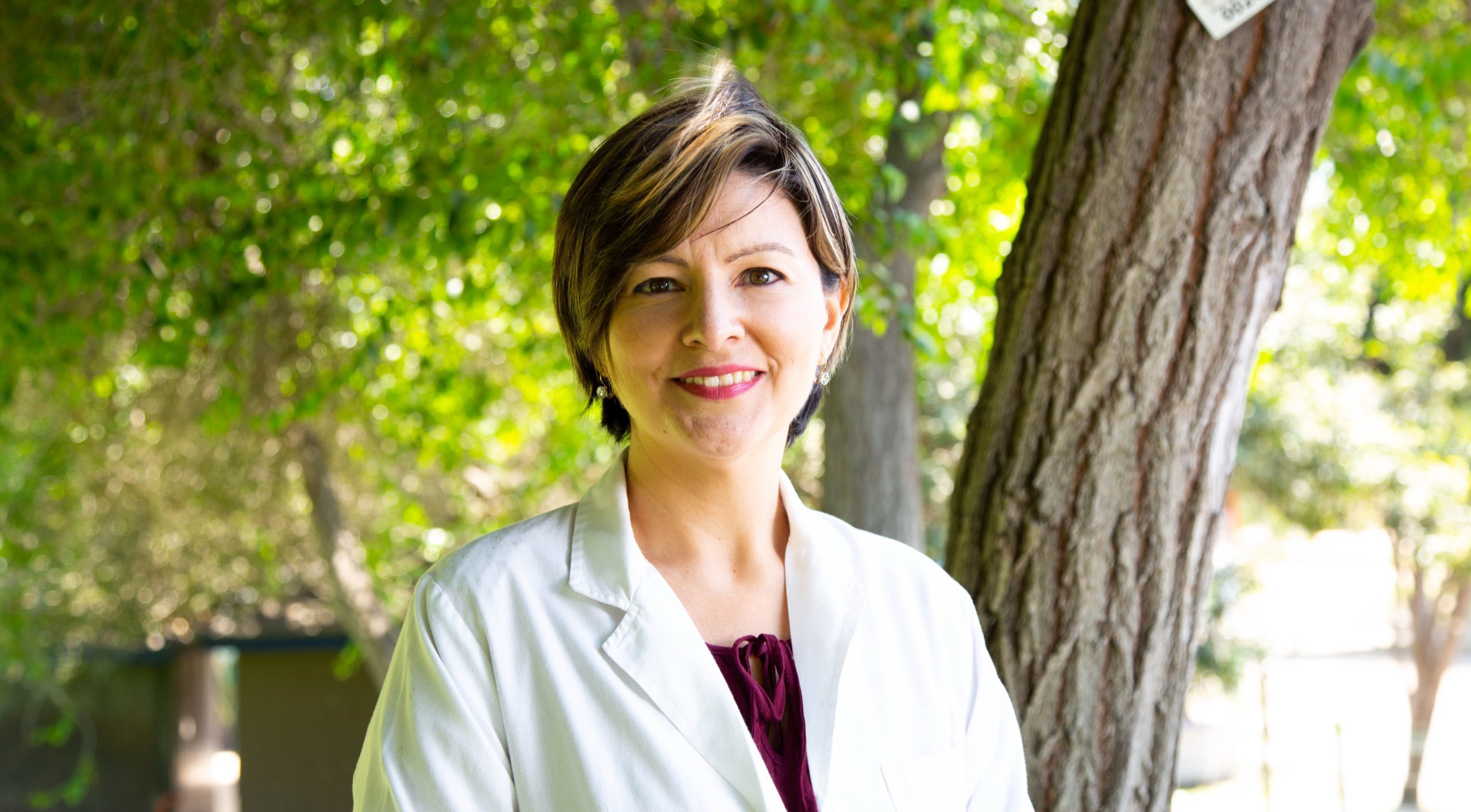Key opinion leaders are medical professionals who have a passion for improving outcomes and an eagerness to innovate healthcare delivery.
Word-of-mouth is one of the most powerful tools that medical professionals have when it comes to learning about the latest technology and treatments for patients. It is an incredibly effective way for providers to evaluate which technologies will have the biggest impact, are easiest to use, and can be best integrated into their workflow. And when 74% of consumers identify word-of-mouth as the top influence in driving purchasing decisions, this phenomenon is clearly not exclusive to medicine.
In the healthcare world, those with the largest word-of-mouth stage are often considered key opinion leaders (KOLs). KOLs are known for being on the forefront of medicine and are looked to by the medical community for their opinions and expertise. Often KOLs are solicited by startups to pioneer and evaluate medical technologies, and they are also called in during developmental stages to help shape the product before it is commercialized.
The Jaunt Healthcare Leaders Network is an expansive group of healthcare professionals who offer insights into our clients’ market intelligence needs. The group acts as an independent clinical advisory committee to connect rising stars in the healthcare community with medical technology executives to shape future products.
We are often asked if we only accept key opinion leaders into the network. And the short answer is yes – and no. Yes, our network is filled with KOLs, but the truth is that there is a misconception in the community as to what it means to be a KOL and what medical professionals “have to do” in order to be considered one.
What Makes a Key Opinion Leader

Often, people think KOLs are larger than life, but the reality is that being a KOL is more than delivering a keynote at a conference. Many health professionals expect a key opinion leader to be someone who:
- Works at a research hospital
- Has been published a number of times
- Comes from a prestigious institution
- Has written textbooks
- Speaks at major conferences
While these are no doubt significant accomplishments, they are not necessary when it comes to acting as an effective key opinion leader. Great KOLs are accomplished in their fields, but, most importantly, they are invested in and knowledgeable about where medicine is headed.
When it comes to an impactful key opinion leader, foundational characteristics include:
- Keeps up with the latest medical technology trends. The truth is that healthcare professionals and providers are also highly skilled statisticians. To keep up with healthcare is to commit to always be a student. A KOL should be eager to learn and explore the latest techniques and technologies.
- Has a collaborative philosophy with peers. Key opinion leaders have a rich and vast network of respected peers with whom they knowledge share. They see immense value in these collaborative relationships, as they provide access to more information and a wider sphere of influence.
- Holds a passion for improving healthcare. Part of what makes KOLs so effective is their genuine love for what they do and the impact of their contribution on patients.
- Maintains an open mind related to improvements in healthcare. Like any professional, those in the medical world can be challenged in overcoming biases. They can be tempted to stick to what has worked in the past. In some ways, this is an advantage, as it plays a role in vetting novel products and treatments. However, there is no doubt that the medical field is always advancing and innovating. Key opinion leaders are open to new technology and scientific advancements.
- Approaches problems with curiosity. Tackling challenges with a creative mindset and thinking outside the box is essential for KOLs. From finding unique and interesting ways to introduce ideas to learning more about a variety of new innovations, curiosity is essential.
- Is community-minded and expands professional contributions beyond their clinical work. Success in the clinic is fundamental, but key opinion leaders reach further. They are active in non-profits, mentorships, and other areas in which they can expand the impact of their expertise in the healthcare field.
- Understands the need for physician voices to collaborate with medical device teams and innovators. Medical device teams know how they feel about their products, but for those innovations to make a real impact, they need feedback from other stakeholders, especially physicians and patients. KOLs are eager for collaboration with medical device executives, as they see it as essential in making a difference in the medical field.
In short, passion, creativity, curiosity, and a love for the community combine to form a high-impact key opinion leader. Their genuine care for their colleagues and patients, combined with a passion for innovation and technology, means their peers turn to and trust them for critical insights.
Key Opinion Leaders Help Us Navigate the Future of Medicine
KOLs are vital in ensuring new products, treatments, and processes are explored and adopted by the medical community at large. Those healthcare leaders with the passion and drive to collaborate and dive deeply into innovation are far more effective than those who simply carry an impressive resume. They are able to better connect with people in a way that is meaningful, insightful, and compelling.
So, for those in healthcare who find themselves aligned with what makes a key opinion leader, don’t wait to get involved. The whole world benefits when healthcare has a robust community of diverse innovators on the front lines.
The Jaunt Healthcare Leaders Network acts as an independent clinical advisory committee to connect rising stars in the healthcare community with medical technology executives to shape future products. Interested in joining? Apply today.




